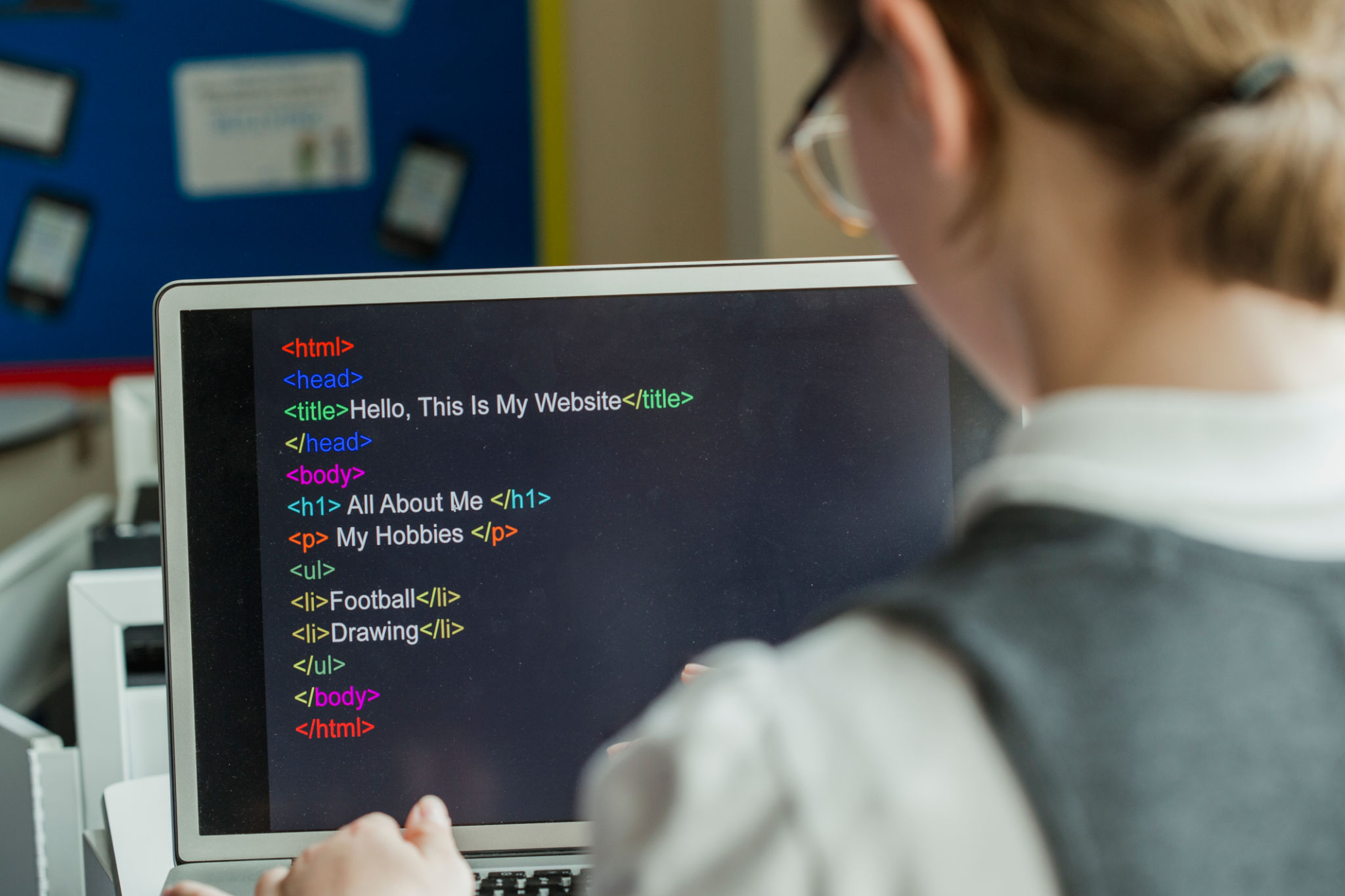Myth-Busting: Common Misconceptions About Kids Learning to Code
Understanding the Basics
As technology continues to evolve, teaching children how to code is becoming increasingly important. However, there are many myths surrounding kids learning to code that can deter parents from encouraging their children to dive into this valuable skill. In this post, we'll address some of these misconceptions and shed light on the realities of coding for kids.
One common myth is that coding is too difficult for young children to grasp. While it’s true that complex programming languages might be challenging, many platforms are designed specifically for young learners. These tools simplify coding concepts and make them accessible through engaging and interactive methods.

Coding Is Only for Future Programmers
Another widespread belief is that only children who aspire to become software developers should learn to code. In reality, coding teaches a range of valuable skills that go beyond programming. It fosters problem-solving, logical thinking, and creativity, which are beneficial in numerous fields.
In addition, learning to code at a young age can help children develop resilience and persistence, as they learn to troubleshoot and overcome challenges. These skills can be applied in everyday life and in various career paths, not just in technology-related fields.
Kids Need Advanced Technology
Some parents might think that expensive or advanced technology is necessary for children to start coding. However, there are plenty of free resources and platforms, such as Scratch or Code.org, that require minimal equipment. A simple computer or tablet with internet access is often all that's needed to get started.

Moreover, many communities offer workshops and programs at libraries or schools where kids can learn coding without a significant financial investment. These resources make it easier for all children to have access to coding education.
Coding Is a Solitary Activity
Another misconception is that coding is a solitary activity that limits social interaction. In contrast, coding often involves collaboration and teamwork. Many platforms encourage kids to work together on projects, share their creations, and learn from one another.
Furthermore, coding clubs and online forums provide opportunities for kids to connect with peers who share similar interests. This fosters a sense of community and allows children to engage in social learning experiences.

Final Thoughts
Addressing these myths is crucial in encouraging more children to explore the world of coding. By understanding the realities of coding education, parents can better support their children's learning journeys and help them acquire skills that will be invaluable in their futures.
In conclusion, coding is accessible, collaborative, and beneficial for all children, regardless of their future career aspirations. Encouraging kids to learn how to code not only prepares them for the digital age but also empowers them with skills that will serve them throughout their lives.
